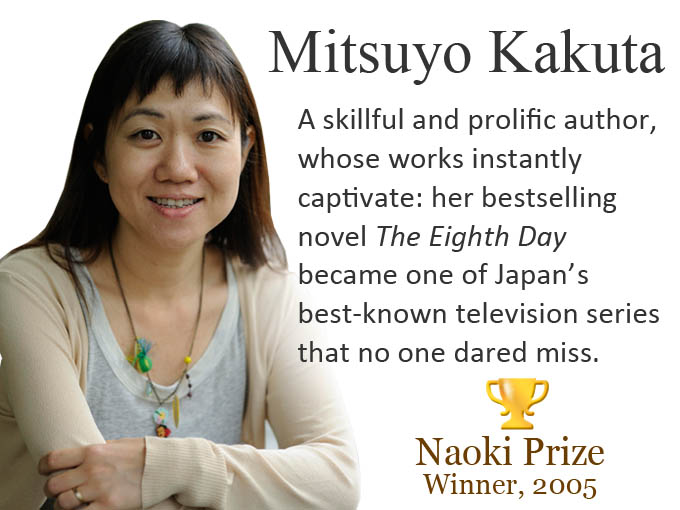- Haruki Murakami
Two famous Japanese authors and the grandson of another, after whom Japan’s most prestigious literary prize is named, attended the famous Beatles concert at the Budokan in 1966[UPDATED: 9-9-2021]
In 1966 The Beatles gave a milestone concert at Japan’s martial arts arena the Budokan in Tokyo, cementing Japan’s fascination with and long lasting love of the British pop group.
The Beatles were in fact the first such group to perform at the venue and a British diplomat described their arrival in the land of the rising sun as “the Beatles typhoon” that “swept the youth of Japan off their feet”.
The concert and the live album (The Beatles at the Budokan, Tokyo) it spawned are famous. But what is less well known is that Japan’s most notorious author Yukio Mishima (1925-1970) attended the celebrated concert with Shusaku Endo (1913-1996), a highly regarded Christian writer, and Hiroshi Akutagawa (1920-1981), the grandson of Ryunosuke Akutagawa (1892-1927), after whom the Akutagawa Prize, one of Japan’s most important literary awards, is named.
This unusual literary troupe, two of whom where in their 40s, were reportedly more interested in the cult-like hysteria of the fans and the “religious” euphoria of the event than the lyrics of the songs such as Day Tripper, Yesterday and Paperback Writer that were performed.
Reportedly, Mishima was unimpressed and the experience of the Fab Four and their noisy fans was not to elicit any kind of memorable or lasting literary response from this esteemed group of writers.
The Beatles, in fact, played three concerts at the Budokan and still possessed the look of their early years with their ‘mop-top’ hairstyles. It was actually one of the last times the group were filmed with this early look and image, that like The Beatles themselves, Japan took to heart.
It has been said that, despite what the three observers with their fine literary pedigree may have thought at the time, the concerts were an important cultural moment in Japan’s post-war renewal. Some go as far as arguing that it helped inspire and contribute to Japan’s extraordinary economic optimism and subsequent boom in the 1980s.
What is indisputable is the cultural response. It was significant and can be observed by the number of tribute bands that have followed in the concerts’ wake.
And many of Japan’s next generation of authors, often dubbed as the first generation of postmodern authors, count themselves as major Beatles fans. This includes the likes of Soji Shimada, one of Japan’s most famous mystery writers, who says he still dreams of singing a duet with Paul McCartney – but in a Tokyo karaoke parlour rather than on stage at the Budokan.
Another author, Haruki Murakami titled his 1987 breakthrough novel, Norwegian Wood after the title of the Beatles track of the same name released in 1965 by the band as Norwegian Wood (This Bird Has Flown).
And one of his recent works, a short story, which was adapted for film in 2021 is titled after another Beatles songs Drive My Car.

